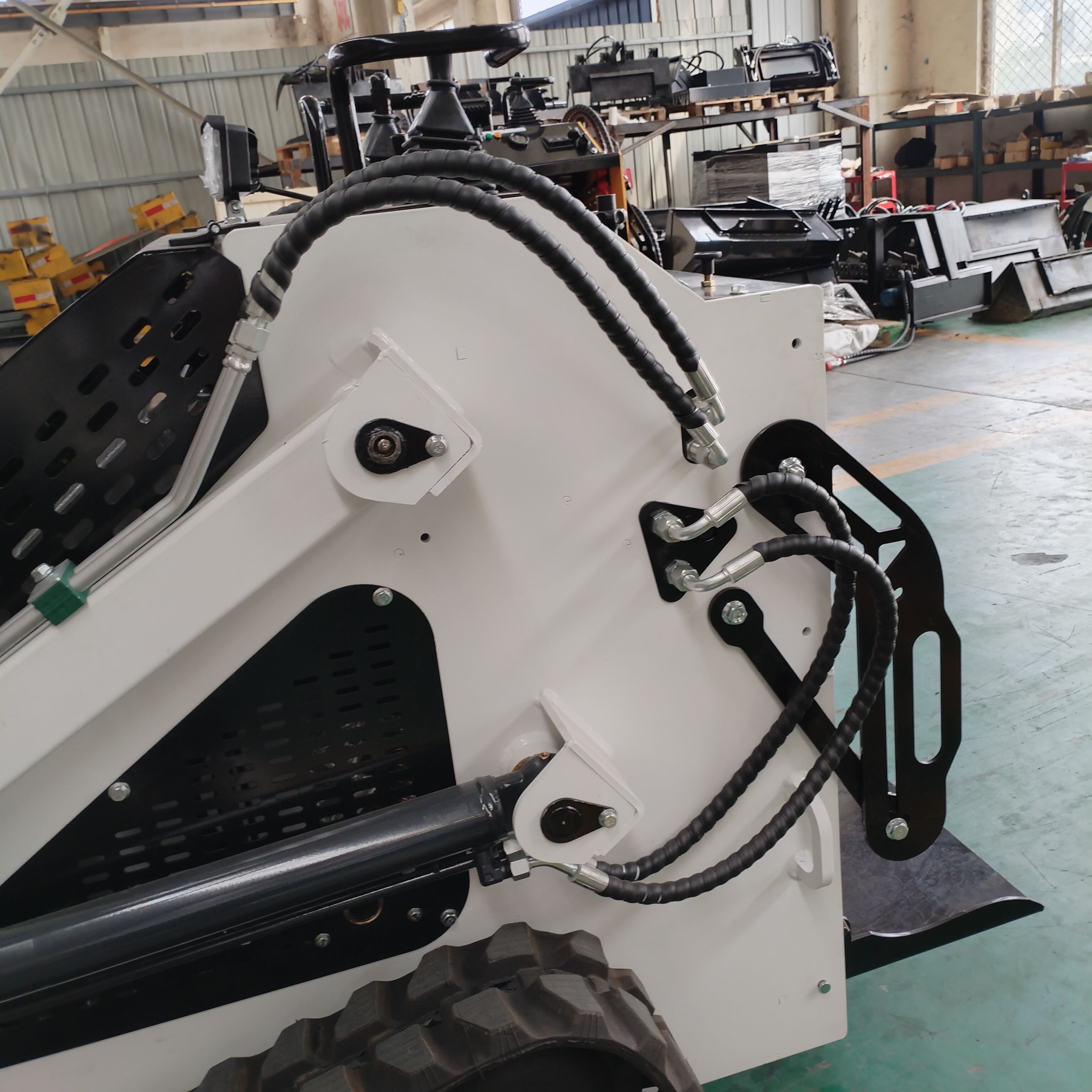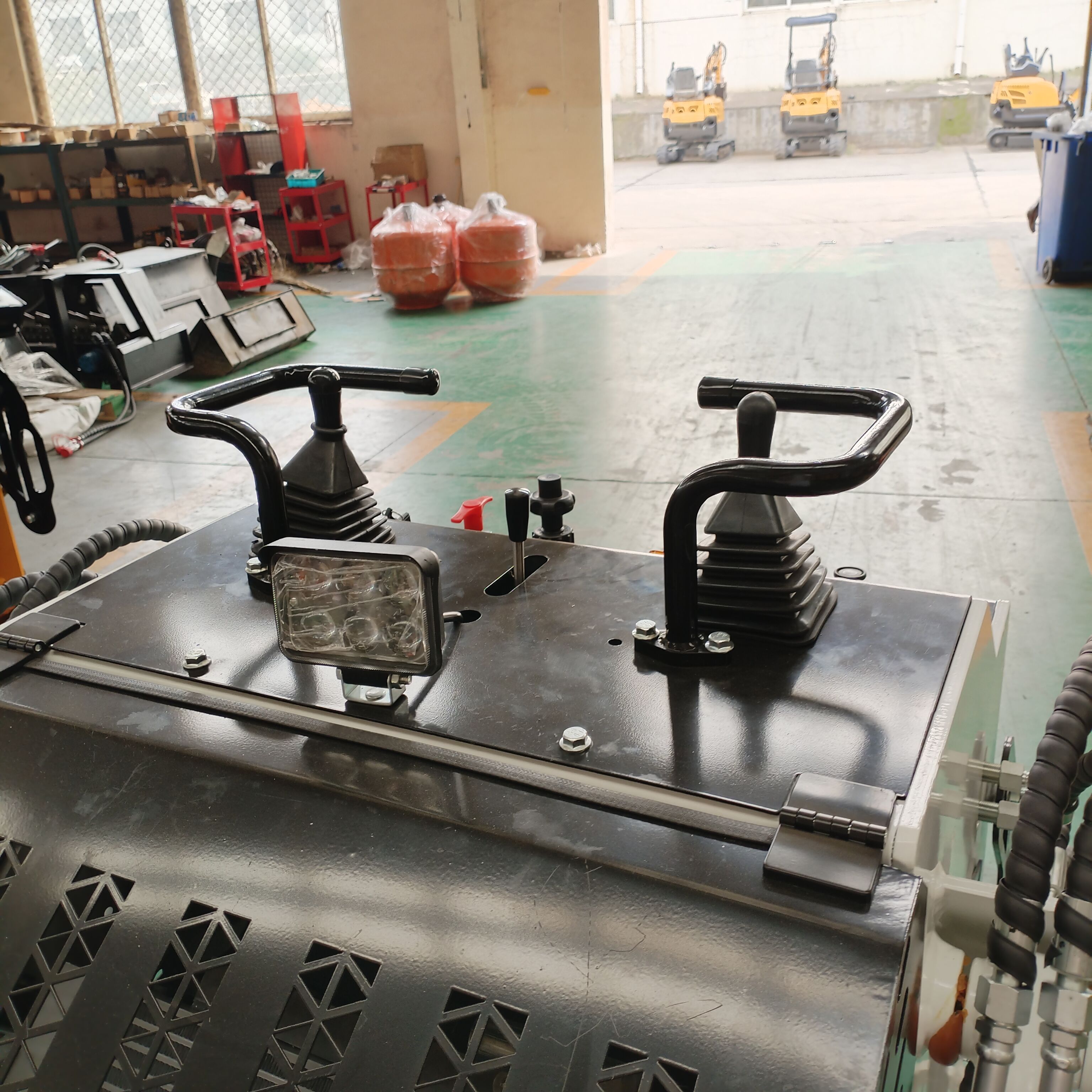
Fuel efficiency in a mini loader is a critical operational cost factor, directly impacting profitability and environmental sustainability. It refers to the machine's ability to deliver maximum work output—measured in terms of material moved, trenches dug, or areas cleared per hour—while consuming the least amount of fuel possible. This efficiency is achieved through a holistic engineering approach: integrating modern, electronically controlled diesel engines that optimize fuel injection and air management; designing efficient hydraulic systems that minimize parasitic losses and deliver power on demand; and implementing smart cooling systems that reduce fan horsepower requirements. Operator behavior also plays a huge role; machines with smooth, intuitive controls encourage efficient operation rather than wasteful "over-revving." A fuel-efficient mini loader not only saves money on fuel purchases over its lifetime but also reduces its carbon footprint and requires fewer refueling stops, enhancing overall job site productivity. Shandong Logway Machinery prioritizes fuel efficiency in the design of our mini loaders. We select and calibrate our engines and hydraulic systems to work in harmony, ensuring powerful performance is not sacrificed for economy. For a landscaping company or rental operation that runs its machines for extended hours daily, the cumulative fuel savings offered by a Logway mini loader can be substantial, significantly lowering the total cost of ownership. When comparing models, it is important to look beyond just engine horsepower and consider the entire powertrain's design philosophy. For detailed information on the fuel consumption metrics and efficiency technologies embedded in our mini loader range, we invite you to contact our engineering or sales department for data-driven insights.
